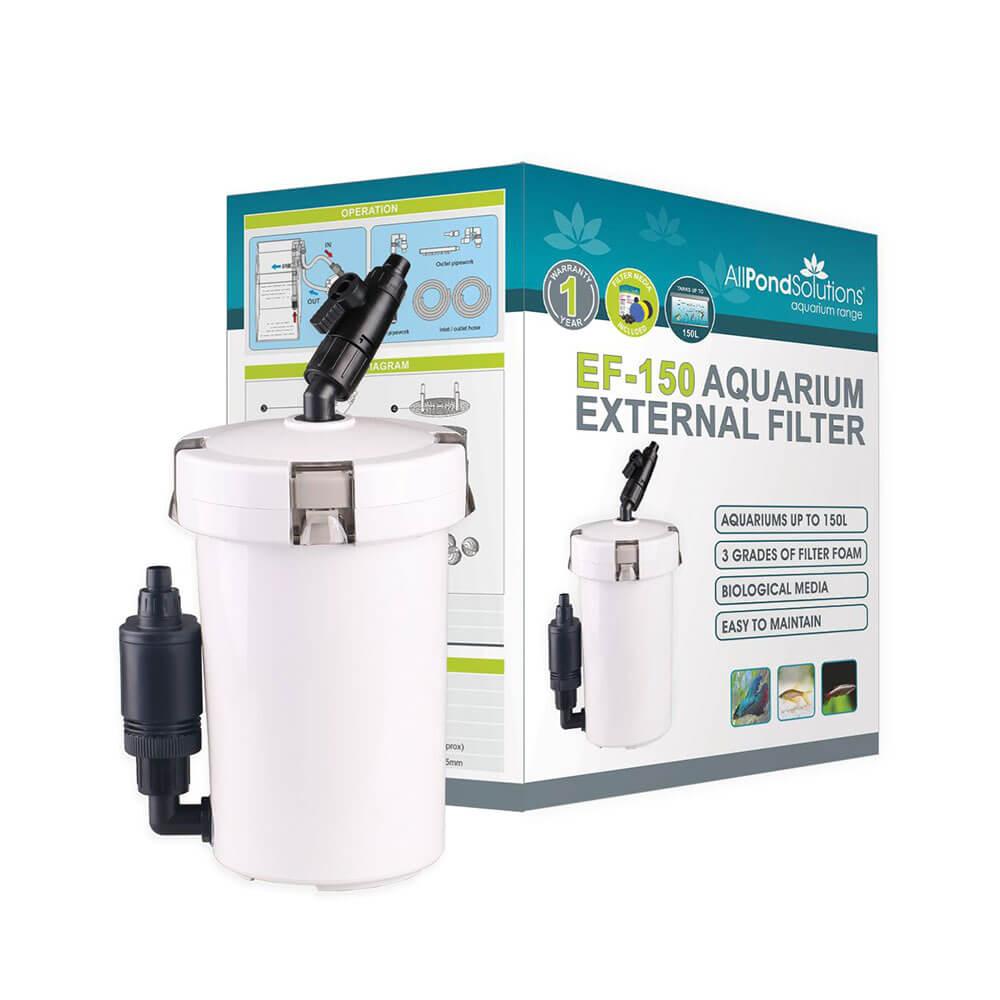Fishkeeping Myths
Fishkeeping can become quite a complex hobby. We are often inundated with conflicting information and advice from the internet, aquatic retailers and other sources, so it can be easy to become misled. Our blog this week is designed to steer you in the right direction by clearing up many of the common myths and misbeliefs about fish care once and for all.
Fish will grow depending on the size of their tank:
Just like people, fish species are genetically set to become a certain size. Think about it this way, do people who grow up in smaller houses end up becoming shorter adults…no, of course not! So when buying fish, make sure to look into how much space they will require when they are fully grown. The reason fish that are kept in small spaces tend to stay small is because their growth becomes stunted. This is dangerous to the fish and can lead to internal problems and even an earlier death, which may lead to the next myth that…
Fish have short life spans:
As noted above, fish can die early due to causes such as stunted growth from inappropriate tank size. The care that your fish receives will have a great deal of importance when determining its lifespan. A well looked after fish will, on average, live for around 5 years! And goldfish… they can live to be between 10-20 years old! The following fish care checklist will help you to have a healthy and long-living fish:
Take care of your water quality.
-
Do a quick water temperature check every day; some species are very sensitive to water temperature change.
-
Once a week, perform a small water change (about 15%). With a water testing kit – make sure to check the water’s pH nitrite, nitrate, and ammonia levels.
-
On a monthly basis, perform a larger water change (about 25-30%). Remove and clean decorations, scrub algae, trim live plants, clean gravel, and do essential filter maintenance, such as replacing filter foam.
Make sure that all the species in your tank are compatible. Our compatibility chart below is a useful tool for fishkeepers to help understand which species are well suited, and perhaps, more importantly, those that are not.
Observe your fish – make sure they are all eating and do not appear to have erratic/’stressed out’ behaviour. Check them for any illness, some symptoms may include:
- Discolouration or spots
- Biting at own fins
- Thinning out of fins
- Rubbing against objects
- Lethargic swimming
- Bloating
Fish tanks do not need filters:
Filters are actually an essential part of having a fish tank. They work to remove waste produced by the fish. If that waste is not removed, it can be really harmful to any living thing in your fish tank.
Having algae-eaters in the tank will keep your tank clean:
Having algae eaters such as black mollies and ‘clean-up’ fish such as catfish or loaches will not keep your tank clean to the extent that you will not have to do any work yourself! Even though these fish will eat some algae or vacuum up food that ends up in the gravel at the bottom of your tank, you still need to perform weekly and monthly cleans (see care checklist above). Despite their role as bottom feeders/cleaners, they often produce more waste than they consume.
Betta fish must be kept in solitude or they will fight until death:
This can be both true and untrue. Siamese fighting fish can share a tank with other fish, but be very careful of which fish you pair them with. Male betta fish tend to be very aggressive and territorial whereas females have a more mild temperament. Two male bettas CANNOT be kept with each other – they will end up fighting to the death. This is especially true if a female is present. Some good fish to add to your betta tanks are:
- Neon tetra
- White Cloud Mountain Minnows
- Pygmy Corydora
- Harlequin Rasbora
Make sure your bettas (especially females) have adequate space to live. This could relieve any territorial tension.
My fish will only eat a certain brand of food:
This is an arguable myth to some fishkeepers. Usually fish tend to eat what they are given without being too picky. In this case it is the keepers themselves who are the picky ones. Of course, certain species prefer specific types of food (live, dried pellets, etc.) but there shouldn’t be a brand preference.
Fish do not feel pain:
You will be able to find research arguing both sides of this myth. But given that fish are far more complex and intelligent than people once thought, it is more than likely that fish, do in fact, feel pain. Fish’s brains are different from other animals, but what scientists have found is that there are plenty of structures in their brains that perform similar functions to those of other vertebrates.
More from:
aquarium
